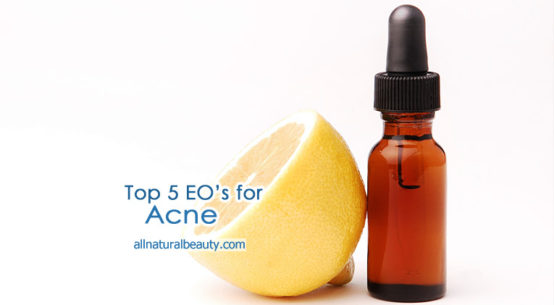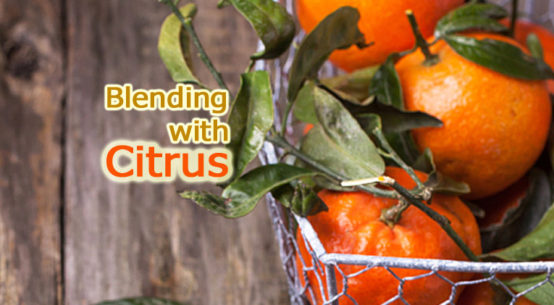
Essential oils with their therapeutic properties, have been used historically in rituals, for beautification, and as medicine for hundreds of years. While many people now consciously turn to aromatherapy as an alternative healing modality to help them manage their stress or just as a gentler, safer alternative to over-the-counter medicines, most people have unconsciously experienced essential oils and their beneficial properties in one form or another without even being aware of it. That’s because essential oils, the purest and most potent form of plant extracts available, have been widely used by the food and fragrance industries almost since their inception.
From spearmint, peppermint, or cinnamon flavored gums and candy, to teas and flavored waters and soda pop, there’s a pretty good chance that an essential oil was incorporated into the product. A quick glance at the spice rack in your kitchen reveals herbs and spices commonly used in cooking that are also available as essential oils.
If you like aromatherapy and you like to cook, there’s almost no limit to the endless culinary creations you can up with when combining the two together. Whether its sweet or savory you fancy, essential oils can add deep and vibrant flavors to your food and beverages in a way that working with dried and powdered herbs and spices can’t. Needless to say, because essential oils are so concentrated and potent, you only ever need add a tiny amount to your soups, marinades, salad dressings, dessert toppings or baked goods to make them and your taste buds sing!
So how can you begin to master the art of working with essential oils in a culinary mode and transform your kitchen into an aromatic oasis of sensual delights? Well, let’s start by categorizing essential oils to simplify your understanding of what foods you can match them up with. Once you get comfortable with the basics then you can start to stretch out a little and mix things up just for the fun of it.
Essential oils can be loosely organized into four main categories: herbs, spices, citrus fruits, and flowers. Examples of essential oils that correlate to herbs include basil, thyme, oregano, rosemary, marjoram and sage, while spices would include black pepper, ginger, cinnamon, nutmeg, coriander, cardamom, cumin or clove bud. Citrus fruits consist of orange, mandarin, tangerine, lemon, lime, grapefruit, bergamot (which is used to scent Earl Grey tea), and lemon verbena. Flowers would naturally include lavender, rose, jasmine, ylang ylang, geranium and neroli (orange blossoms) but not flowers like gardenias, lilacs, or plumeria for which no essential oils exist.
Knowing which essential oils fall into which categories can help you decide the ones to use for savory dishes versus desserts and sweets especially if you’re just getting started or are not quite ready to be super adventurous. Keep in mind, too much of a strong essential oil like ginger, oregano, cinnamon or peppermint can quickly overpower a dish and even ruin it, so it’s best to start out with very small amounts until you get a good feeling for how much is just right for the intensity of flavor you’re seeking. Some oils, like citrus fruits tend to be light and somewhat volatile so you would likely use a little more of these –especially if you’re using them in dishes requiring heat to prepare.
Essential oils that fall into the herbs category are great for meats, poultry, some fish, savory soups, sauces, casseroles and baked goods. Citrus oils are lighter so they are great in marinades for fish and poultry, dressings for salads and steamed vegetables, and in beverages and desserts. Flower oils are usually best in baked goods, desserts and sweets though some can add surprisingly good flavor to vegetables and cheeses (this is where a sense of adventure can come in handy). Essential oils that fall into the spices category are a mixed bag as most can be used for either sweet or savory dishes depending on your personal preference.












